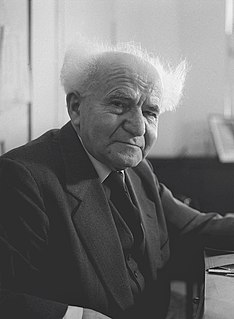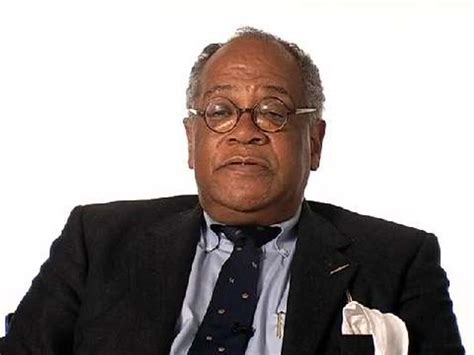A Quote by Aristotle
We ought not to listen to those who exhort us, because we are human, to think of human things....We ought rather to take on immortality as much as possible, and do all that we can to live in accordance with the highest element within us; for even if its bulk is small, in its power and value it far exceeds everything.
Related Quotes
We must not listen to those who advise us 'being men to think human thoughts, and being mortal to think mortal thoughts' but must put on immortality as much as possible and strain every nerve to live according to that best part of us, which, being small in bulk, yet much more in its power and honour surpasses all else.
Hereby perceive we the love of God, because He laid down His life for us, and we ought to lay down our lives for the brethren." How often I think of that 'ought.' No sugary sentiment there. Just the stern, glorious trumpet call, OUGHT. But can words tell the joy buried deep within? Mine cannot. It laughs at words.
As to what pertains to the case of infants: You [Fidus] said that they ought not to be baptized within the second or third day after their birth, that the old law of circumcision must be taken into consideration, and that you did not think that one should be baptized and sanctified within the eighth day after his birth. In our council it seemed to us far otherwise. No one agreed to the course which you thought should be taken. Rather, we all judge that the mercy and grace of God ought to be denied to no man born
The question should not be 'What would Jesus do?' but rather, more dangerously, 'What would Jesus have me do?' The onus is not on Jesus but on us, for Jesus did not come to ask semidivine human beings to do impossible things. He came to ask human beings to live up to their full humanity; he wants us to live in the full implication of our human gifts, and that is far more demanding.
Truth has power. And if we all gravitate toward similar ideas, maybe we do so because those ideas are true...written deep within us. And when we hear the truth, even if we don't understand it, we feel that truth resonate within us...vibrating with our unconscious wisdom. Perhaps the truth is not learned by us, but rather, the truth is re-called...re-membered...-re-cognized...as that which is already inside us.
Most of us can learn to live in perfect comfort on higher levels of power. Everyone knows that on any given day there are energies slumbering in him which the incitements of that day do not call forth. Compared with what we ought to be, we are only half awake. It is evident that our organism has stored-up reserves of energy that are ordinarily not called upon - deeper and deeper strata of explosible material, ready for use by anyone who probes so deep. The human individual usually lives far within his limits.
Living in the now is freedom from all problems connected with time. You ought to remember that sentence, you ought to memorize it, and ought to take it out, you ought to practice it, you ought to apply it. And most of all, you ought to rejoice in it because you have just heard how not to be wretched, miserable you any more but to be a brand new, and forever brand new man or woman.
It seems to me that one ought to rejoice in the fact of death-- ought to decide, indeed, to earn one's death by confronting with passion the conundrum of life. One is responsible to life: It is the small beacon in that terrifying darkness from which we come and to which we shall return. One must negotiate this passage as nobly as possible, for the sake of those who are coming after us.
That odd capacity for destitution, as if by nature we ought to have so much more than nature gives us. As if we are shockingly unclothed when we lack the complacencies of ordinary life. In destitution, even of feeling or purpose, a human being is more hauntingly human and vulnerable to kindnesses because there is the sense that things should be otherwise, and then the thought of what is wanting and what alleviation would be, and how the soul could be put at ease, restored. At home. But the soul finds its own home if it ever has a home at all.






































